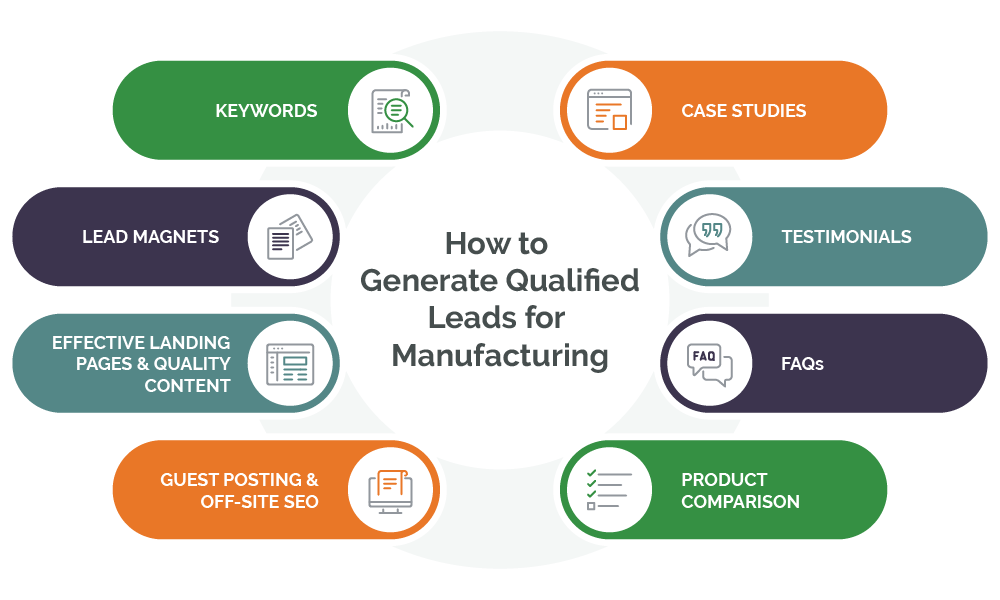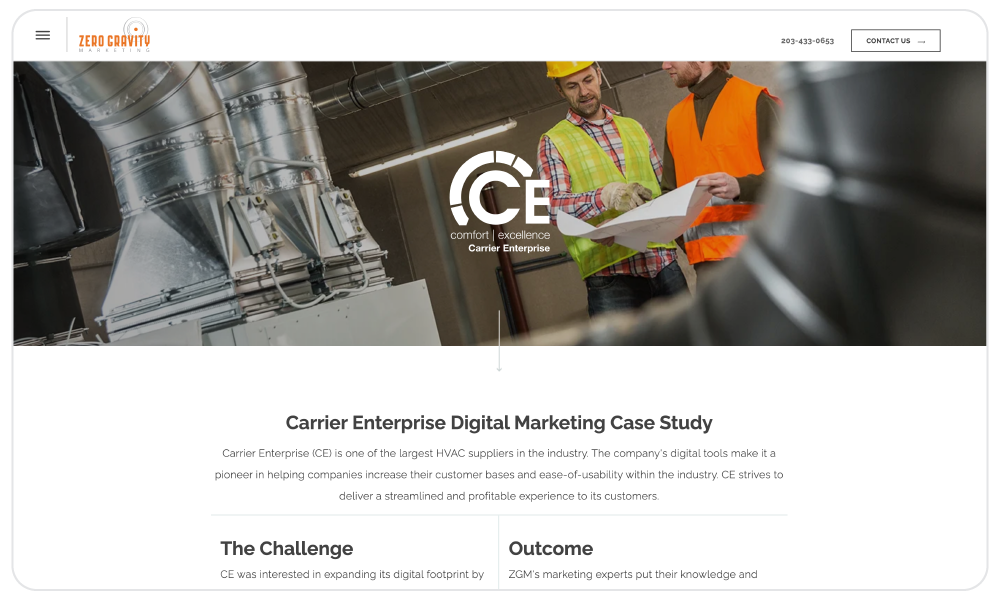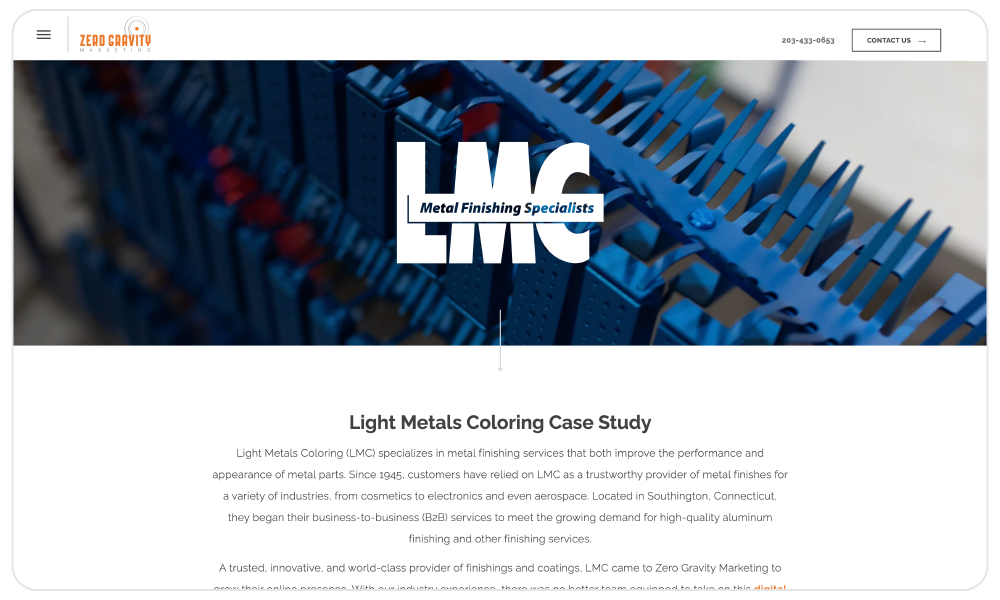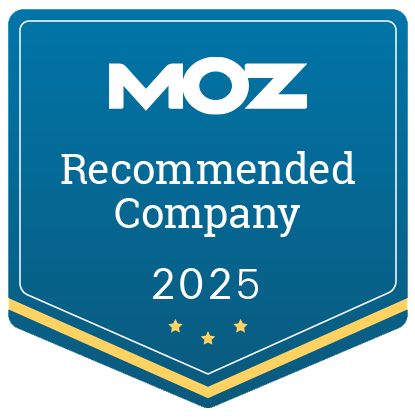In the competitive industry of manufacturing, attracting potential customers is only half the battle. The real challenge lies in converting those prospects into qualified leads and loyal customers. This is where a robust content marketing strategy comes into play. By delivering valuable, targeted content, manufacturers can capture their audience’s attention and build a level of trust that is crucial for long-term business relationships. Trust is the cornerstone of any successful lead generation strategy, and content marketing offers the perfect platform to help establish it.
In this article, we’ll walk you through the intricacies of content marketing specifically tailored for manufacturers, offering actionable insights and strategies to generate leads that are qualified and more likely to convert. Read on to discover how you can develop an effective manufacturing industry content strategy to gain those invaluable qualified leads for your manufacturing business.
What Is Content Marketing Lead Generation?
Content marketing lead generation is the practice of creating and distributing valuable, relevant content to attract a defined audience with the goal of driving profitable customer action. It's not just about getting eyes on your page; it's about converting those visits into leads.
Why Lead Generation Matters
In the manufacturing industry, where the products and services are often complex and the investment substantial, the importance of lead generation cannot be overstated. Unlike retail or other fast-moving sectors, manufacturing deals with long sales cycles, intricate products, and a highly specialized customer base. In these scenarios, having a steady stream of qualified leads is not just a nice-to-have; it's a business imperative.
Lead generation serves multiple purposes. First, it fills your sales funnel with potential customers who have already shown some level of interest in your products or services, thereby increasing the efficiency of your sales process. Second, it allows you to segment your audience and tailor your digital marketing efforts to different customer profiles. This segmentation can result in more personalized and effective marketing campaigns.
Quality leads are the lifeblood of your sales team. They provide the initial point of contact that could eventually translate into a sale and possibly a long-term customer relationship. Without a consistent inflow of leads, your sales team would have to start from scratch with each prospect, wasting valuable time and resources.
In an era where digital presence is vital, lead generation also serves as a metric for the effectiveness of your online marketing strategies. A successful lead generation campaign can bring in potential customers and provide valuable data and insights into your target market, helping you refine your future strategies.
Lead generation is not just about adding names to a list; it's about adding value to your business. It's a critical component that bridges the gap between marketing and sales, making it an indispensable part of a successful manufacturing business.
How to Generate Qualified Leads for Manufacturing
Generating qualified leads is an art that combines various elements of digital marketing, from search engine optimization (SEO) to content creation. It's not just about casting a wide net but about casting the right net to catch the type of leads you're actually looking for. Below are some key strategies that can help you not only attract potential customers and convert them into qualified leads:
- Keywords: Utilize organic manufacturing SEO strategies to rank for keywords that are highly relevant to your manufacturing niche. This isn't just about getting to the top of search engine results; it's about being visible when and where your potential customers are looking for solutions.
- Lead Magnets: Offer valuable resources like eBooks, whitepapers, or webinars requiring users to provide contact information. This serves a dual purpose: it provides immediate value to the prospect and captures information for your sales team to follow up.
- Effective Landing Pages & Quality Content: A well-designed landing page with compelling content can significantly increase conversions. Use persuasive language, clear calls-to-action (CTAs), and high-quality images or videos to make your offer irresistible.
- Guest Posting & Off-Site SEO: Writing articles for reputable websites in your industry (a strategy called link building) can help you reach a broader yet targeted audience. This builds your brand's credibility and provides valuable backlinks to your site.
- Case Studies: Showcase your success stories to build credibility and trust. Detailed case studies with data and testimonials can serve as excellent social proof. Examples like HVAC Industry Digital Marketing and Light Metals Coloring can be particularly impactful.
- Testimonials: Customer testimonials add a layer of trust and can often tip the scales in your favor. Use real quotes from satisfied customers, and if possible, include their names and titles for added authenticity.
- FAQs: Address common questions and concerns your potential customers might have. This builds trust and saves your sales team time by preemptively answering questions that prospects might have.
- Product Comparison: Create content that compares your products or services with competitors, highlighting your unique selling points. This can be particularly effective for prospects who are in the consideration stage of the buyer's journey.
By implementing these effective lead gen strategies, you can build a robust lead generation engine that attracts potential customers and nurtures them through the sales funnel, increasing the likelihood of conversion.
Contact ZGM for Your Content Marketing
If you want to develop a comprehensive content marketing strategy tailored for manufacturing, Zero Gravity Marketing is here to help. From SEO to content marketing services, we've got you covered.
The future of manufacturing lies in the quality of leads you can generate. By implementing these content strategies for the manufacturing industry, you can attract potential customers and convert them into long-term clients.














